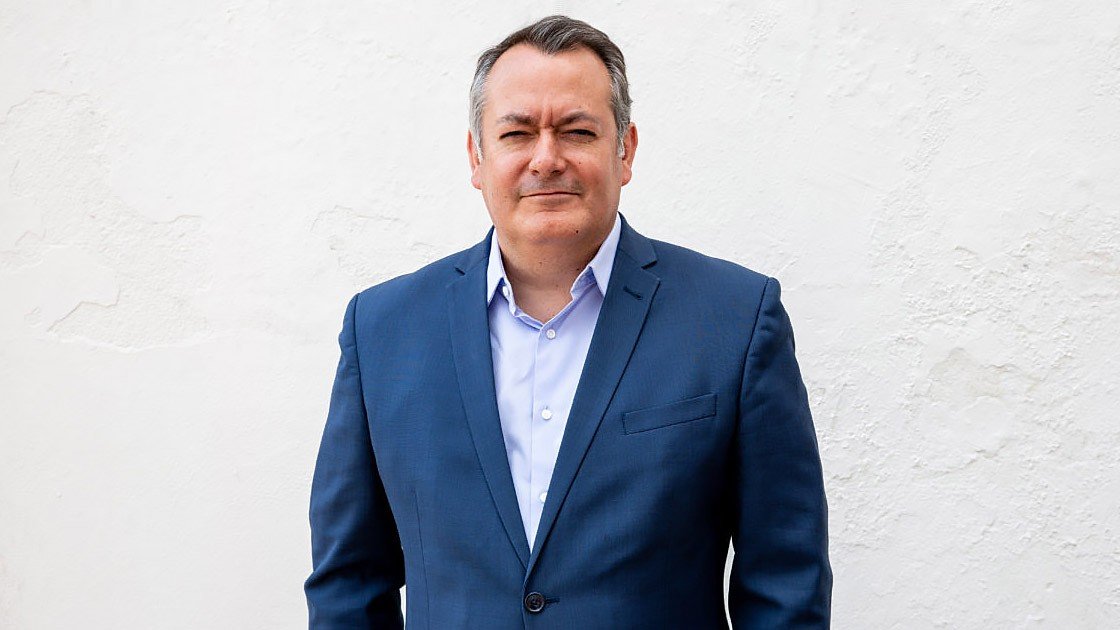Betting and Gaming Council calls on social media companies to collaborate on safer marketing

The Betting and Gaming Council (BGC) said it is seeking to introduce new measures for online advertisements that promote gambling. However, the standards body in a statement claimed these efforts are "being undermined" by social media platforms. As per the BGC, the main objective behind the push would be to prevent exposure of such ads to underage children and problem gamblers.
The BGC says its members have taken steps to ensure that only legally allowed audiences see the online marketing for regulated betting and gaming products. As of now, all social media advertisements for BGC members must be targeted at those aged over 25, unless platforms can provide evidence to verify the accuracy of their targeting to over 18s. A new BGC code of conduct was also introduced placing a ban on football clubs using their social media accounts - which are popular with young people – posting direct marketing on betting odds and sites.
Through a letter, BGC Chief Executive Officer Michael Dugher reached out to Culture Secretary Lucy Frazer. The BGC boss urged Frazer to put more pressure on social media companies as part of the government’s drive to tackle problem gambling among the young in particular. Launching the recent Gambling White Paper Frazer proposed measures that specifically looked at the under-25 age group.
Our CEO @MichaelDugher has written to DCMS Secretary of State @lucyfrazermp urging her to put pressure on social media platforms as part of the Government’s drive to tackle problem gambling among the young in particular.https://t.co/dQBRxKB1xT
— Betting and Gaming Council (@BetGameCouncil) June 7, 2023
In his letter, Dugher noted that an earlier BGC drive saw social media platforms allow the public to opt out from receiving betting and gaming advertising. However, members pointed out that they need further cooperation to deliver other measures, specifically for those who signed up for the industry self-exclusion tool GAMSTOP.
The industry calls for a marketing suppression scheme which it says would stop 300,000 people registered with GAMPSTOP from receiving direct marketing on social media. The scheme also urges social media platforms to limit the frequency of ads to specific age groups, something members cannot do without cooperation.
In the letter to Frazer, Dugher noted: “This is impossible to achieve without the cooperation of the social media platforms themselves. This is a sensible solution, which BGC members are keen on implementing, but we cannot do so without the cooperation of social media platforms. I would urge you to help on this matter by calling on social media platforms to finally cooperate with the BGC and make the relevant functionality available, so we can help protect the most vulnerable.”















































